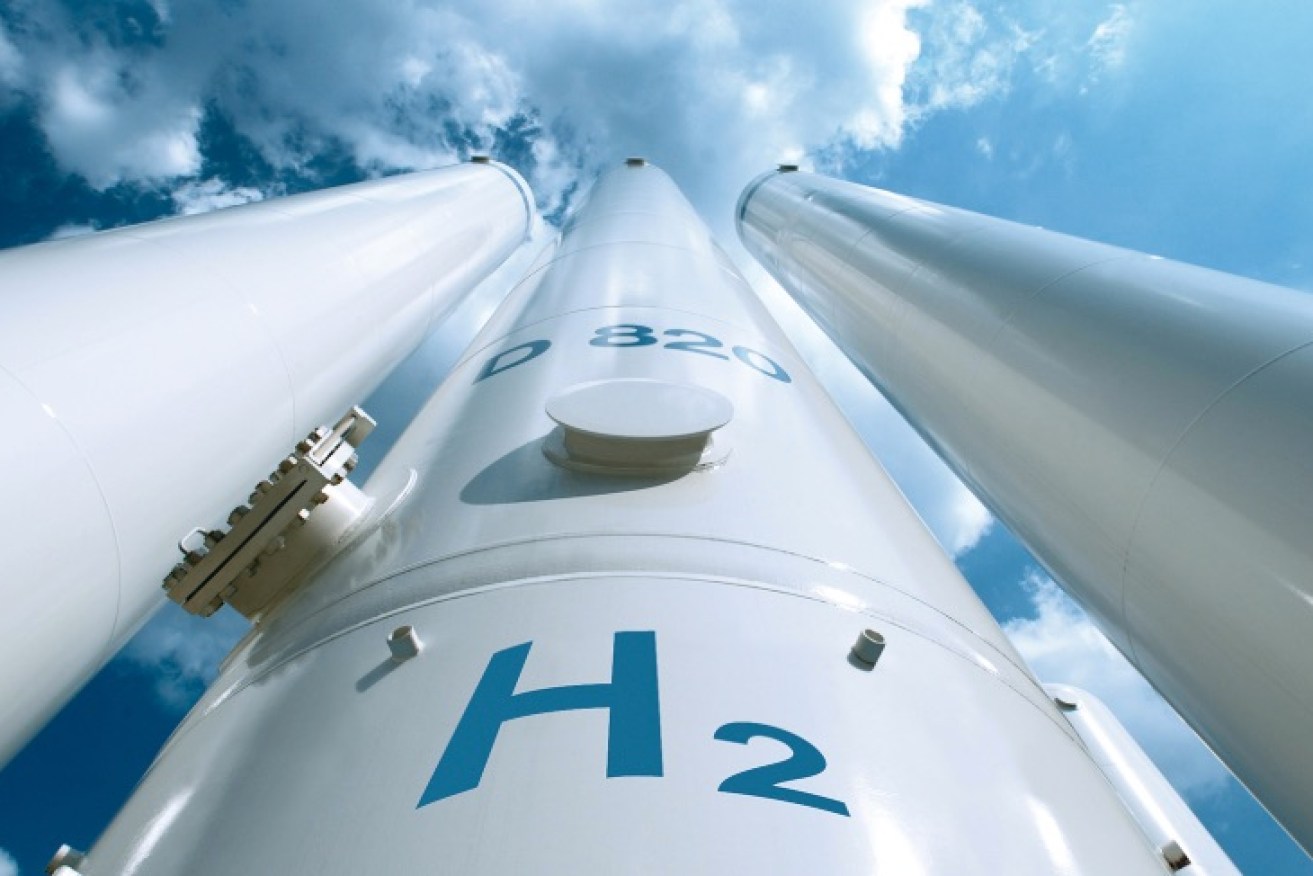
SA business looks to hydrogen
In this third edition of Sustainable Business, the CEO of Business SA Martin Haese highlights some of the developments in hydrogen technology and talks through the practical solutions that businesses are already using and may be able to use in the future.

Business SA recently hosted the ‘Hydrogen, Future Technology Today’ member luncheon at the National Wine Centre and the event sold out within days, resulting in more than 130 future-thinking and sustainability-minded business owners from a range of industries learning about the possibilities of local industrial hydrogen use and its export potential.
As we know, hydrogen is the most abundant element in the universe. For those reading about hydrogen technology for the first time, when used as a source of energy, hydrogen has zero carbon emissions and can be produced through electrolysis using electricity to separate water into hydrogen and oxygen. Hydrogen can legitimately be considered ‘green’ in South Australia by virtue of using renewable electricity to power the electrolyser. Although the water used to produce hydrogen also needs to be considered, it is not necessarily a limiting factor in the expansion of a hydrogen economy in South Australia. For example, a recent paper by consulting engineers Jacobs’ advocates the use of non-potable water to produce hydrogen.
Business SA’s recent luncheon was an opportunity for local businesses to discuss the practical realities of adopting hydrogen in South Australia. This leverages off the pioneering Australian Gas Infrastructure Group’s (AGIG) pilot hydrogen plant at the Tonsley Innovation Precinct coming online this month, supported by $4.9 million in funding from the State Government.
The Tonsley plant now delivers a blend of 5 per cent hydrogen and 95 per cent natural gas into a small section of the nearby gas distribution network in Mitchell Park. AGIG is also involved with several other hydrogen projects around Australia, including Hydrogen Park in Gladstone, Australia’s first ‘whole of gas network’ decarbonisation project that will use volumes of up to 10 per cent hydrogen.
BOC, a subsidiary of Linde Group and a leading supplier of industrial gas, has an agreement with AGIG to take excess green hydrogen from Tonsley for commercial customers. This includes BOC’s own Whyalla Argon Purification facility which produces for the Whyalla steelworks, removing BOC’s need to transport hydrogen from their Victorian facility. This approach will save 117,000km in annual road travel and 122,000kgs of carbon emissions per year. BOC currently retails hydrogen cylinders that burn clean, carbon and soot-free, flames used in heat transfer applications in addition to argon in plasma welding and as an alternative power source when used with a fuel cell to generate electricity.
As demonstrated by AGIG and BOC, hydrogen technologies are not for the future, they are technologies for today. Demand will be driven by business leaders seeking alternatives out of a determination to operate clean and efficient businesses. Whether this forms part of their Environmental, Social and Governance ESG policy framework, which I referred to in our first Sustainable Business article on this topic back in March, or the economics are compelling, or both, the result is positive for South Australia.
In 2019, the State Government released South Australia’s Hydrogen Action Plan, suggesting that considering our wind, sun, land, infrastructure and skills, we have everything we need to be a world-class renewable hydrogen supplier. This builds on the Hydrogen Roadmap for South Australia released by the previous State Government in 2017. More recently, the State Opposition also released its Hydrogen Jobs Plan. Business SA welcomes the enthusiasm from both sides of politics for the local hydrogen sector to develop and attract the significant investment needed to reach its full potential.
CSIRO’s National Hydrogen Roadmap says potential demand for imported hydrogen in China, Japan, South Korea and Singapore could reach 3.8 million tonnes by 2030, the equivalent of nearly $10 billion; with Australia poised to play a key role in this export market. Business SA supports every effort to explore the export potential of hydrogen, but we remain clear-eyed about the higher value-added opportunities of enabling local businesses to switch from gas, petrol, diesel and other non-renewable sources in time. In the more immediate future, this might include hydrogen powered forklifts and eventually heavy transport or running boilers on hydrogen.
The development of a domestic industry for hydrogen use will very much depend on the economics, with a relatively high per unit cost at present. However, the pending imposition of a carbon border tax in Europe is a clear sign of the direction the world is going and South Australian exporters must be well positioned to remain competitive. If businesses are pushed to increasingly adopt zero carbon energy, hydrogen is a great option which also makes use of our abundant renewable energy sources.
For the end user, Business SA hopes to see an increase in hydrogen powered vehicles, including public transport, noting this will both require an adequate refuelling network and purchasing incentives that compensate for the current price tags. We are also going to need to step up hydrogen production.
In a recent submission to the State Budget, Business SA advocated for a registration incentive for both hydrogen and electric vehicles, including consideration of a stamp duty waiver. Our proposal was based on waiving the stamp duty by virtue of a registration rebate over five years, ensuring the vehicle owner only gets the full benefit of the incentive through keeping the vehicle in South Australia.
This is just one suggestion of what is needed to further develop both our local hydrogen and electric vehicle sectors, and the upcoming State Budget is a great place to continue South Australia’s leadership in renewable energy.




